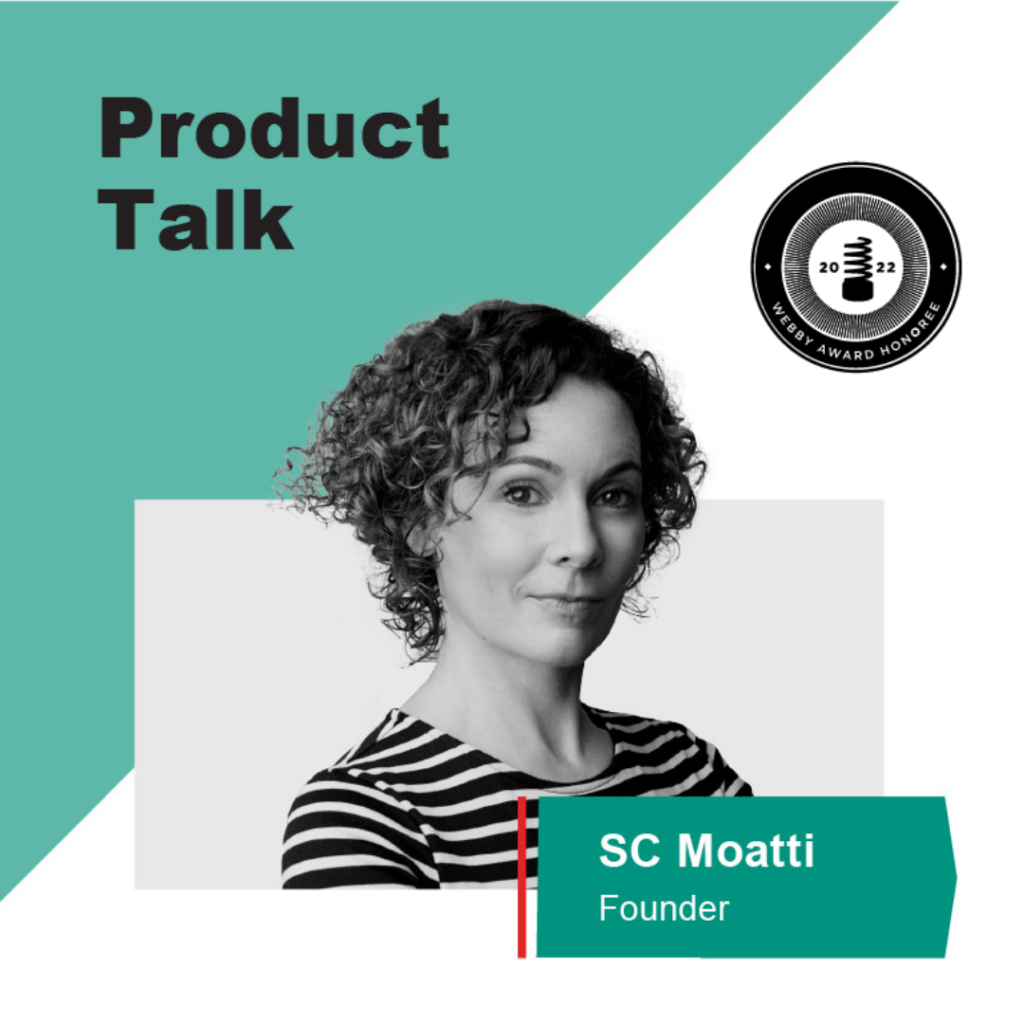How can product leaders pioneer innovation in the automotive industry? In this episode of Capgemini’s Leaders in Innovation series hosted by Capgemini Americas Portfolio Lead Lisa Mitnick, Ford Director of Digital Experience Platforms Zafar Razzacki discusses his career journey from biotech and medical devices to Google and now Ford. He provides an overview of Ford’s focus on digital experiences, electric vehicles, connectivity, and new business models. He also speaks on how Ford is working with partners in the ecosystem to create seamless experiences and considers the challenges of organizational change as the automotive industry transforms.
Subscribe to the Product Talk podcast on Spotify and Apple Podcasts and catch every conversation with leading product executives.

Show Notes
- Ford is focused on digital experiences, connectivity, and reinventing the customer experience.
- Zafar has had a diverse career journey spanning biotech, medical devices, a startup, Google, and now Ford.
- The automotive industry is undergoing significant transformation with electrification, new technologies, and changing customer expectations.
- Customer mindsets and expectations of vehicles are evolving due to technology adoption in other areas of life.
- Voice interfaces and conversational AI will transform the in-vehicle experience.
- Electric vehicle adoption faces infrastructure and customer behavior challenges.
- Battery and charging technology improvements will make EVs more appealing over time.
- Ownership models are shifting towards short-term rentals and subscriptions.
- Ford is experimenting with new ownership models like vehicle rentals.
- Software-defined vehicles require cross-functional collaboration and processes.
- Vehicle architecture must be redesigned to enable over-the-air updates.
- Seamless integration with mobile devices is key through systems like Android Auto.
- Partnerships help deliver the desired in-vehicle ecosystem.
- New use cases can enhance productivity and the ownership experience.
- Cultural integration is challenging but necessary for transformation.
- Understanding customer needs requires deep research on behaviors.
- Collaboration skills are important for product leaders.
- Product leaders must stay curious and learn across disciplines.
- Data-driven validation of ideas and hypotheses is important.
- Delivering customer value is the focus for product leadership.